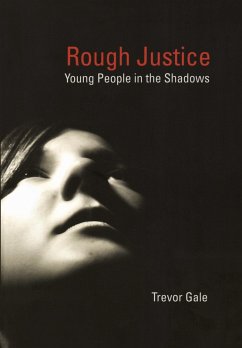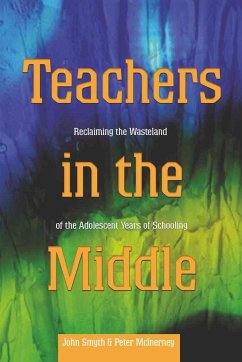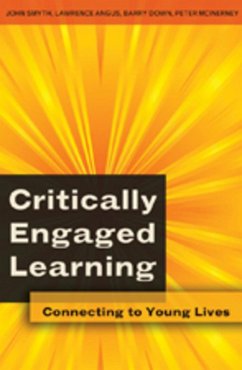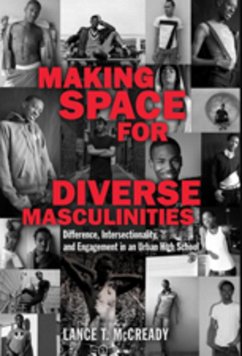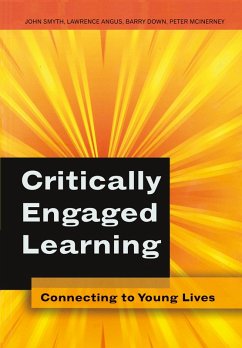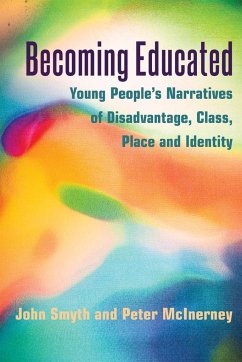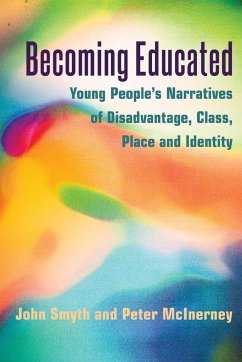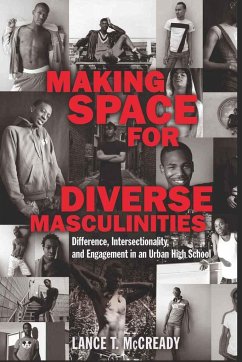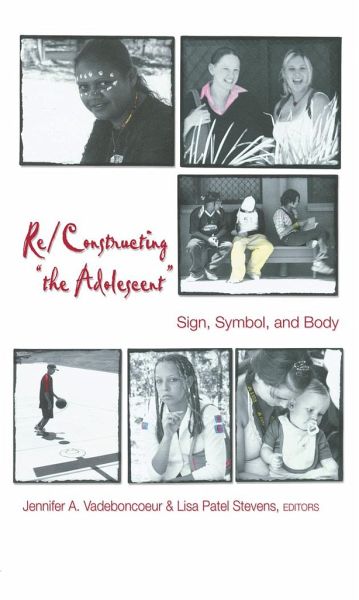
Re/Constructing 'the Adolescent'
Sign, Symbol, and Body
Herausgegeben: Vadeboncoeur, Jennifer A.; Patel Stevens, Lisa
Versandkostenfrei!
Versandfertig in 6-10 Tagen
43,10 €
inkl. MwSt.

PAYBACK Punkte
0 °P sammeln!
Young people today are frequently demonized by media images as well as by classroom reports. Dominant discourses, as ways of seeing and talking about youths, are constructed and managed by adults and offer young people a limited set of roles to play and options for engaging with society. Contributors to Re/Constructing the «Adolescent» problematize the «social construction of the adolescent» through a critique of the discourses that position youths and an examination of how youths enact, contest, and sometimes transform those same discourses. These studies, combining empirical research and...
Young people today are frequently demonized by media images as well as by classroom reports. Dominant discourses, as ways of seeing and talking about youths, are constructed and managed by adults and offer young people a limited set of roles to play and options for engaging with society. Contributors to Re/Constructing the «Adolescent» problematize the «social construction of the adolescent» through a critique of the discourses that position youths and an examination of how youths enact, contest, and sometimes transform those same discourses. These studies, combining empirical research and semiotic analyses, offer a fresh perspective on young people in western societies today, at the level of everyday discourse, embodied through gesture and symbolic action, with material effects.



